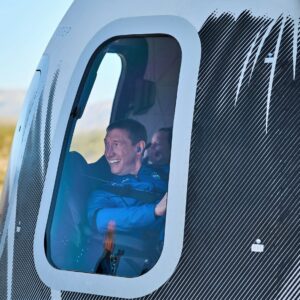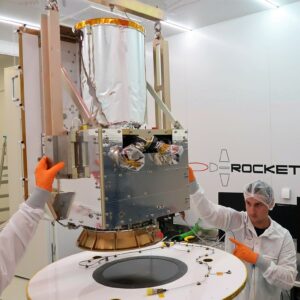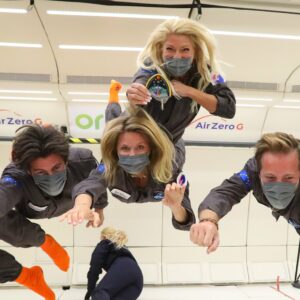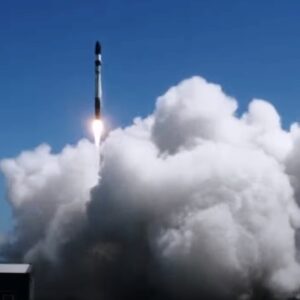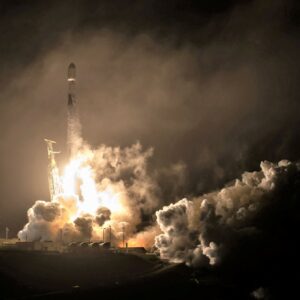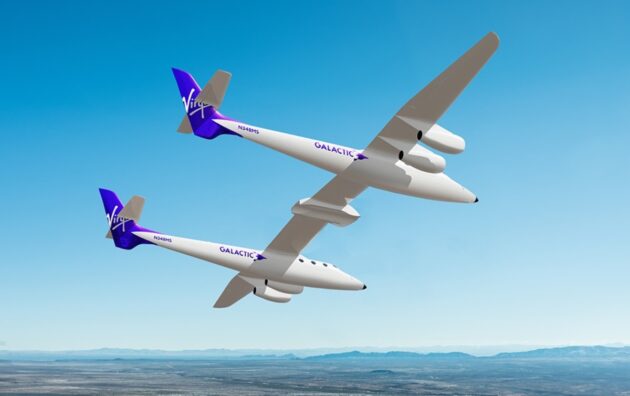
Virgin Galactic says it will partner with Aurora Flight Sciences, a Virginia-based Boeing subsidiary, to design and build next-generation motherships for its suborbital rocket planes.
The motherships will serve as flying launch pads for Virgin Galactic’s next-gen, Delta-class spacecraft, just as a carrier airplane called White Knight Two or VMS Eve has served for the company’s SpaceShipTwo VSS Unity rocket plane.
The system’s design is an upgraded version of the SpaceShipOne system that was funded almost two decades ago by Paul Allen, the late Microsoft co-founder, and won the $10 million Ansari X Prize in 2004.
VSS Unity and VMS Eve have been undergoing test flights for years, and commercial suborbital space missions are scheduled to begin next year at Spaceport America in New Mexico. Hundreds of customers have reserved spots on future flights.
The next-generation mothership and rocket plane are due to start revenue-generating missions in 2025. The partnership announced today will cover the production of two motherships.
“Our next-generation motherships are integral to scaling our operations. They will be faster to produce, easier to maintain and will allow us to fly substantially more missions each year,” Virgin Galactic CEO Michael Colglazier said in a news release. “Supported by the scale and strength of Boeing, Aurora is the ideal manufacturing partner for us as we build our fleet to support 400 flights per year at Spaceport America.”
Boeing acquired Aurora in 2017 to beef up its capabilities on the frontiers of aerospace innovation. Aurora plans to manufacture Virgin Galactic’s motherships at its facilities in Mississippi and West Virginia, with final assembly to be completed at Virgin Galactic’s facility in Mojave, Calif.
Boeing has already been working with Virgin Galactic on a supersonic airplane concept, and invested $20 million in Virgin Galactic just as the company was going public in 2019.
“Today’s announcement expands our collaboration with Virgin Galactic to accelerate transformative aerospace technologies,” said Todd Citron, Boeing’s chief technology officer and vice president and general manager of Boeing Research & Technology.
Per Beith, Aurora’s president and CEO, said “we’re thrilled to have this opportunity to support Virgin Galactic’s mission to pioneer space travel.”
